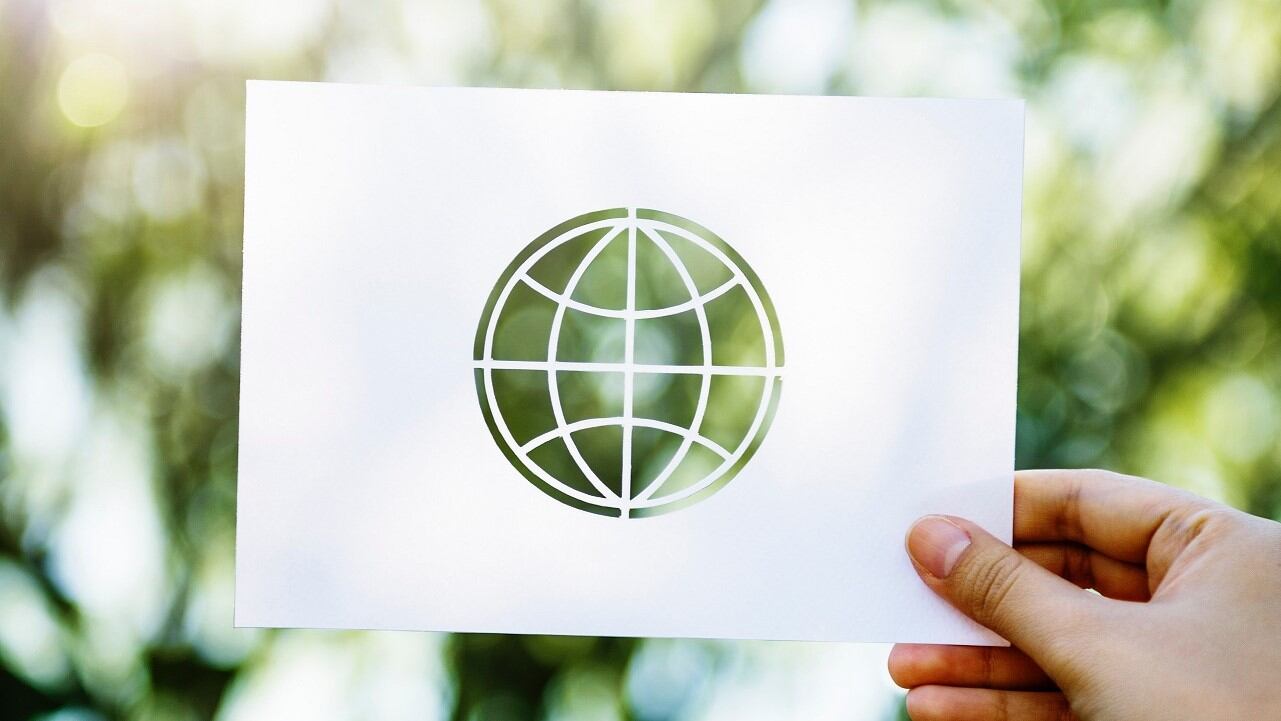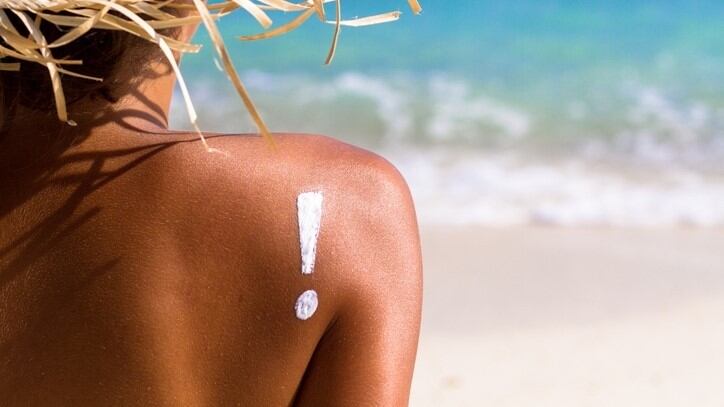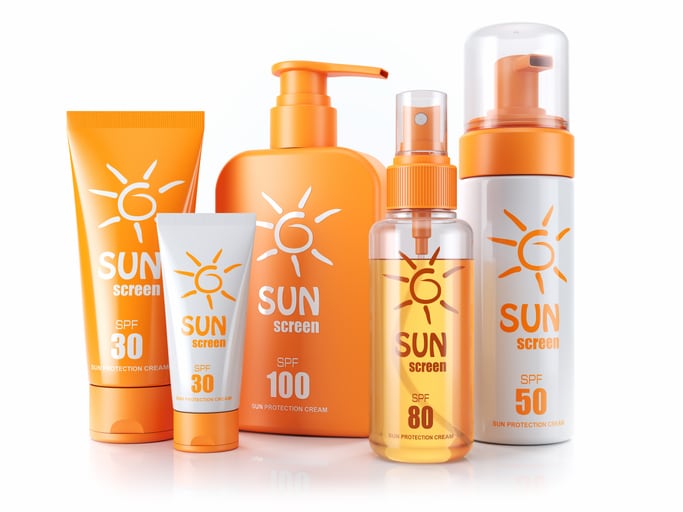Jay Mehta, regional market manager for Asia Pacific, Grant Industries, was at this year’s Society of Cosmetic Scientists Singapore Suppliers Day to appeal to the industry to send the right message about silicones.
“We have a social responsibility here... to push factual information and be transparent to the consumer. Today, 95% of consumers buy more natural products than they did 10 years ago but 95% of them see efficacy as the most important factor. This tells us the cosmetics market is evolving to support priorities like safety, performance and responsibility,” said Mehta.
However, he added that consumers were also confused and very misinformed about cosmetic ingredients.
“If you ask 500 people which they rather put on their face – pure silicone or pure essential oils – I'll guarantee you that nearly all of them will say pure essential oils. They don't realise that natural products can cause severe reactions.”
Mehta highlighted that silicones had become one of the most vilified cosmetic ingredients even though they have been verified to be safe for topical use.
In fact, they make an ideal ingredient for clean beauty products, he said, which Mehta believes is the present and future of the beauty market.
“Clean beauty is an important trend, in fact, I think of it more as a movement more than anything. Silicones are safe, gentle, ethical and have outstanding performance – these are key factors when it comes to clean beauty,” he said.
Clean and green
One of the biggest misconceptions about silicones is that they are not sustainable or biodegradable.
Mehta pointed out that silicone was the second-most abundant element on earth after oxygen. “The Earth’s mass consists of 29 % silicone. The earth mantle consists of 17% and its core is 7% silicone. I don't know how much more sustainable you can get. Silicone is derived from quartz, sand. Saying we will run out of silicones is like saying we're going to run out of rocks.”
The assumption that silicones are not degradable is largely based on misconception, he said. Mehta explained that non-volatile silicones naturally degrade when in soil and forms clay, while volatile silicones evaporate rapidly and degrade in air under the influence of sunlight.
The small amounts that do find their way into water and ‘build-up’. Instead, they revert to silica and carbon dioxide.
Additionally, Mehta highlighted that silicones were vegan, cruelty-free, palm-free and GMO-free.
“The most valuable characteristic when it comes to skin care is that it should be 100% safe. Silicones have unparalleled skin safety. In hospitals, silicone-based dressing is used for wound care. It’s good for sensitive skin or acne-prone skin.”
The misunderstood ingredient
According to Mehta, silicone got its bad reputation form two-in-one shampoos.
“It started on online forums with people complaining that silicones were weighing down long hair. This was linked to the overuse of two-in-one shampoos, which use high molecular weight silicone gums and cationic polymers that help contribute to the weighing down of hair.”
Unfortunately, said Mehta, marketers caught on and began to market silicone-free shampoos, skin care and make-up.
“To be clear, there are zero restrictions on silicones for leave-on products. The UK has restriction but only for rinse-off products. Even then, you can still use below 0.1%. As of July 2019, the silicone-free claim was banned in the EU to prevent misrepresentation,” said Mehta.
However, Mehta added, the silicone-free demand is still very strong in Asia, Australia and even the US. “Hopefully, with the EU passing this legislation, others will follow suit.”
To reverse the misconceptions, Grant Industries have begun to take a more proactive approach.
Mehta said: “This year we began working with social influencers. We have opened a dialogue for people who do not understand and getting to word out that silicones are safe. I’m very happy to say we have inspired other companies – including our competitors – to be more open and active about promoting silicones for the beauty industry. It is important that we fight back together. ”





